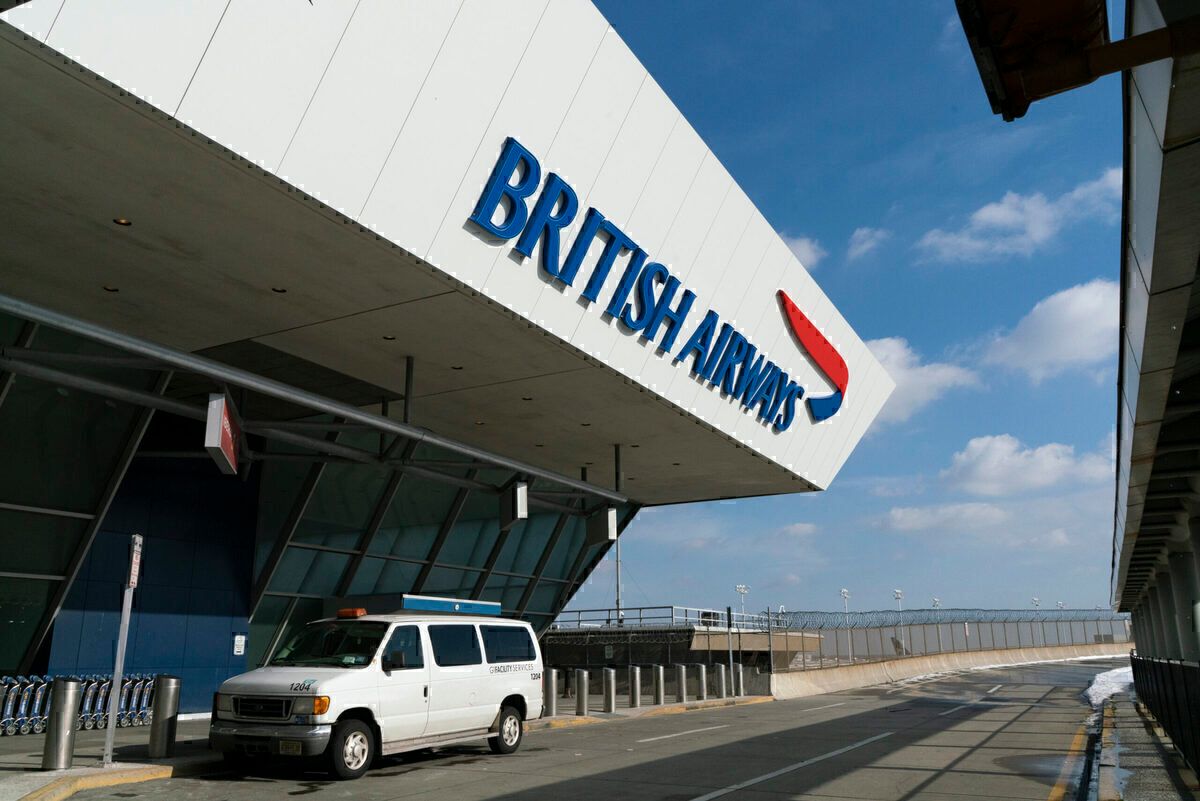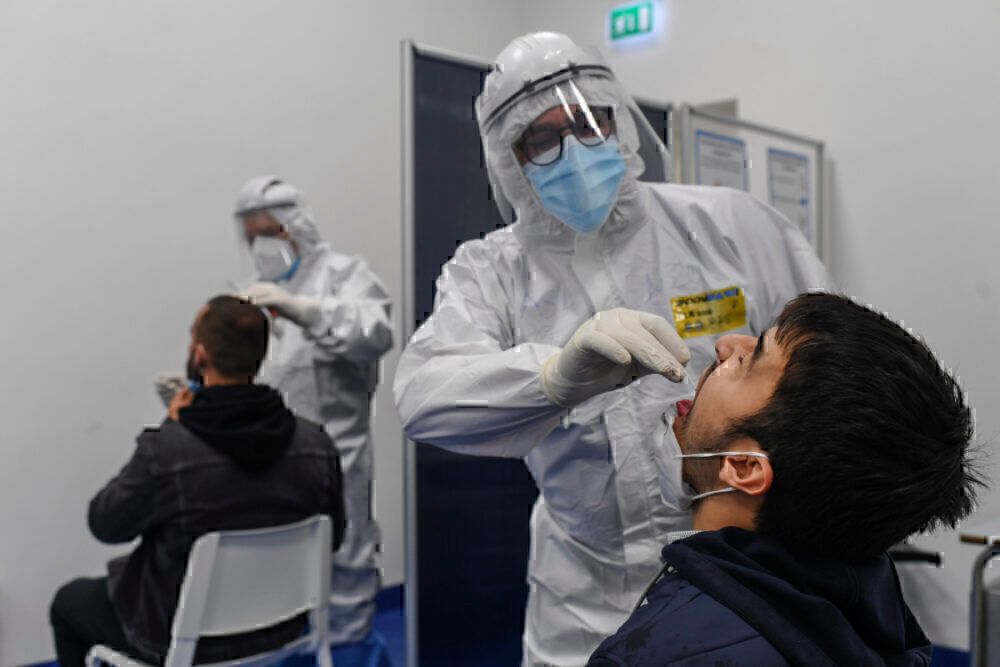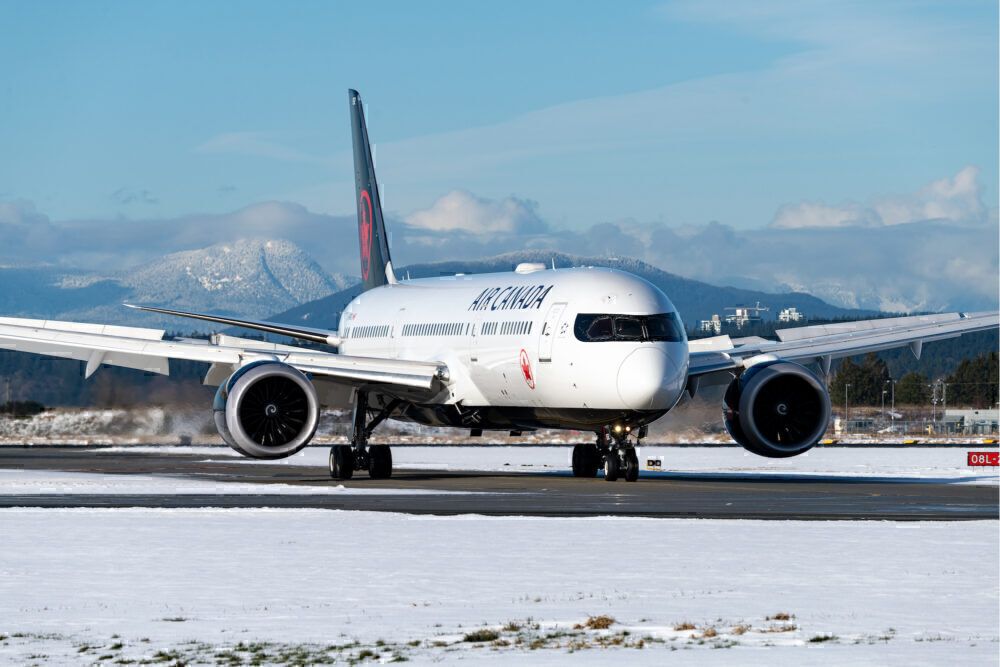Effective on Monday, December 28th, the United States will require all air travelers arriving from the United Kingdom to provide proof of a negative COVID test no more than 72 hours before departing the UK for the US. This change in entry policy is being implemented in light of a new and more infectious mutated strain of the coronavirus detected on the other side of the Atlantic Ocean. Here's what prospective travelers need to know for their journey to the US.
Proof of negative test for UK arrivals
Signed today by President Donald Trump to come into effect on Monday, the new order will require all air passengers arriving from the UK to test negative via PCR or Antigen test, no more than 72 hours (three days) before boarding a flight to the US. This is what the US CDC states on its website:
"The public health authorities in the United Kingdom recently announced the discovery of a new variant of SARS-CoV-2. Viruses constantly change through mutation, and preliminary analysis in the U.K. suggests that this new variant may be up to 70% more transmissible than previously circulating variants."
The CDC goes on to say that passengers are required to provide written documentation of their laboratory test result (in hard copy or electronic) to the airline. According to the CDC's official statement on this order, it appears that the onus will be on airlines to confirm the negative test result for each passenger, adding, "If a passenger chooses not to take a test, the airline must deny boarding to the passenger."
More lenient than other nations
News of this policy, while an additional step in virus detection and mitigating spread, does not go as far as many other nations.
Over 40 countries across the world, including Argentina, the Dominican Republic, Israel, and Jamaica, had restricted travel from the UK. This was first initiated by several European countries such as Belgium, the Netherlands, and France. Some EU states have since lifted restrictions and imposed a negative-test requirement instead.
For example, on December 21st, Canada issued an initial 72-hour travel ban for passengers arriving from the UK. However, this was further extended for two weeks, until January 6th. In response, Canadian carriers WestJet and Air Canada canceled many of their transatlantic services.
In India, the government has decided to ban all flights from the UK until at least December 31st.
Hopefully, the new restrictions, while inconvenient for many post-Christmas-travelers, will help to contain this new and more contagious straight of coronavirus.
If you're affected by this new policy, share your experience and situation with us in the comments.



